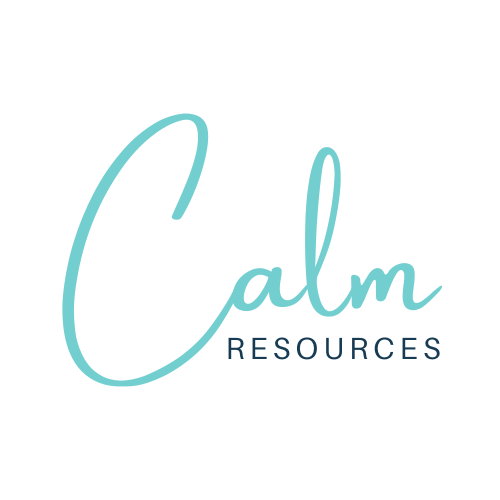Starting a self-help journey can feel overwhelming. With so much advice out there, it’s hard to know where to begin. You might even be feeling completely lost, unsure of what self-help even means or how to start. But don’t worry, you’re not alone in feeling this way. In this post, I’ll walk you through a few simple steps to get started, even if you’re unsure where to begin.
1. Reflect on How You’re Feeling
Before you dive into any self-help practices, take a moment to reflect on where you are right now. Ask yourself: How am I really feeling?
Do you find yourself struggling with anxiety? Perhaps you’re experiencing regular panic attacks or waking up with feelings of dread. Maybe you’re lacking confidence or feeling overwhelmed by stress. Whatever it is, be honest with yourself about how you feel.
Next, think about how you want to feel instead. Do you want to manage your anxiety better? Would you like to learn how to calm panic attacks or improve your confidence? Knowing how you want to feel will give you a clear direction on where to focus your efforts.
Take the time to write down all your thoughts and feelings. This will give you a starting point for your self-help journey.
2. Make a List of Tools and Habits You’ve Tried
Next, reflect on any self-help tools or habits you’ve already tried. Have you ever used mindfulness, journaling, visualisation or exercise? Perhaps you’ve tried therapy or CBT (Cognitive Behavioural Therapy)? Make a list of everything you’ve experimented with.
Write down whether these tools helped, if you liked them or if they didn’t work for you. This list will show you which methods have been effective in the past and which ones you may want to revisit.
From this list, pick two or three tools or habits that you want to continue practicing. Focus on the ones that worked best for you and schedule them into your week.
3. Make It Achievable: Start Small
When scheduling your new habits, start small. It’s easy to get excited and think you need to commit a large amount of time, but starting with small, manageable chunks will set you up for success. For example, aim for just five minutes of mindfulness in the morning and five minutes of journaling before bed.
These small timeframes are easy to commit to and will help you build consistency. It’s more important to start with something achievable than to overwhelm yourself with too many things at once.
4. Track Your Progress and Stay Consistent
One of the keys to success in self-help is consistency. It’s easy to get motivated at first but harder to stick with it long-term. To stay on track, use a habit tracker.
Every day, check off the habits you’ve completed. For example, after you’ve practiced mindfulness in the morning, tick it off. After journaling in the evening, tick that off too. You can track your habits throughout the week, month or longer to ensure consistency.
Over time, you may find that you want to add more habits or increase the time you spend on your practices. Only do this when you feel ready. Trying to do too much too soon can lead to burnout and overwhelm. Stick with what works for you and gradually build on your success.

Starting your self-help journey doesn’t have to be overwhelming. By reflecting on how you feel, choosing the right tools, starting small and tracking your progress, you’ll set yourself up for success. And remember, you don’t have to do it alone, extra support is available when you need it. I hope you found this post helpful, I have many other posts explaining different self-help tools and practices in more detail so feel free to read those too.
Ready to get started? Have a look at the digital resources available in our online shop to see which ones are best suited to the self-help journey you choose to begin.
